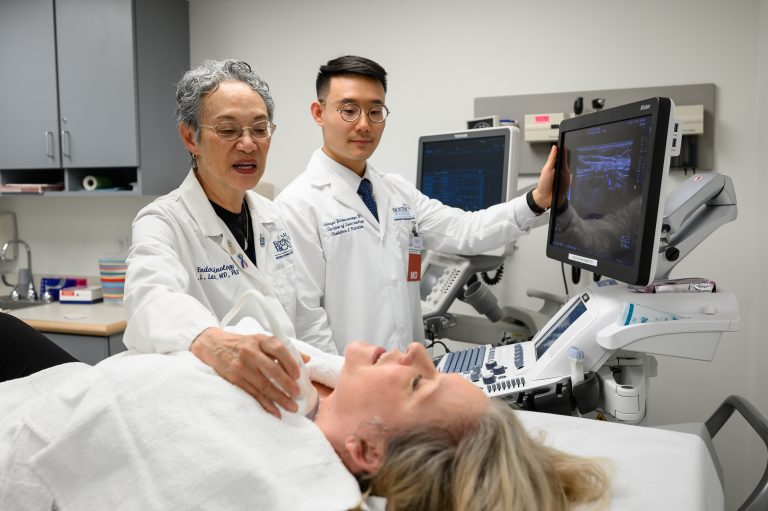Cancer treatments have come a long way in the past few decades, and clinical trials are at the heart of these advancements. Clinical trials provide a structured and scientific way to explore new therapies, improve existing treatments, and ultimately offer hope to patients with cancer. As research continues to evolve, clinical trials are not only helping to find more effective therapies but are also opening the door to groundbreaking approaches that could revolutionize cancer care in the future.
Uncovering Innovative Therapies
One of the most exciting aspects of clinical trials is the exploration of innovative therapies that could potentially change the way cancer is treated. These trials focus on testing new drugs, novel drug combinations, and cutting-edge technologies, such as immunotherapies and gene therapies. For example, immunotherapy has shown promising results by harnessing the body’s immune system to target and destroy cancer cells more effectively than traditional treatments. Clinical trials are critical in proving the safety and effectiveness of these groundbreaking therapies, paving the way for future treatment options that could make a significant impact on patients’ lives.
Personalized Treatment Plans
Each cancer diagnosis is unique, and treatment must be tailored to the specific needs of the individual. Clinical trials play a crucial role in advancing personalized medicine, which takes into account the genetic makeup of both the patient and the cancer cells. By studying how different cancers respond to specific treatments, clinical trials help identify the most effective therapies for each individual patient. This personalized approach promises to increase treatment success rates while minimizing side effects, leading to better outcomes and improved quality of life for cancer patients.
Targeting Cancer at the Molecular Level
Another breakthrough area being explored in clinical trials is targeted therapies, which focus on attacking cancer at the molecular level. These therapies target specific molecules or genes that contribute to cancer growth, allowing for a more precise and effective approach. By understanding the molecular characteristics of different types of cancer, clinical trials can test therapies that block the growth and spread of cancer cells, often with fewer side effects than traditional treatments like chemotherapy. This precision medicine approach is revolutionizing how cancer is treated, offering new hope for patients who may have previously exhausted all options.
Improving Outcomes and Survival Rates
Clinical trials are not only about testing new treatments but also about improving patient outcomes. By testing a wide variety of treatment options, researchers are able to identify which therapies provide the best long-term survival rates and the fewest side effects. As clinical trials progress, more effective treatment regimens are discovered, leading to improved survival rates and higher quality of life for patients. These advances also contribute to the growing body of knowledge on how cancer behaves, which can be used to develop even more effective treatments in the future.
In conclusion, clinical trials are shaping the future of cancer treatments by uncovering innovative therapies, advancing personalized medicine, and offering new hope for patients. As new research continues to unfold, clinical trials remain a crucial part of discovering the next generation of cancer treatments that could change the lives of millions. By participating in or supporting clinical trials, we help move closer to a future where cancer is no longer a life-threatening disease but a manageable condition.

